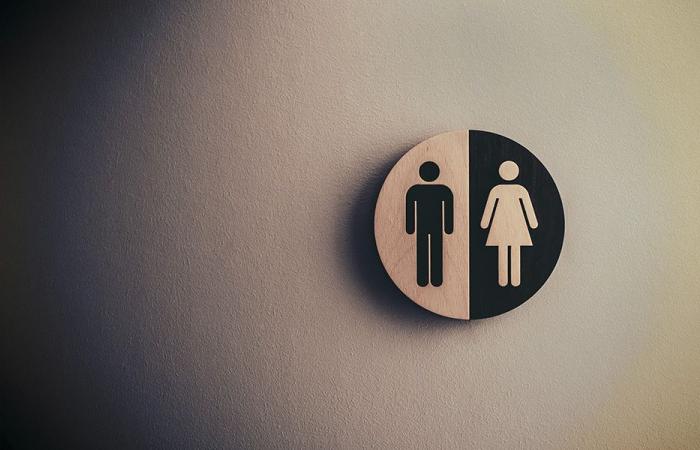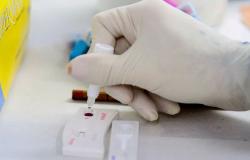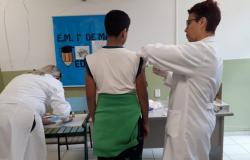In Portugal, 9.9% of women over 18 years of age report that they suffer from urinary incontinence. The prevalence of this disease increases significantly with age, being higher in women with low income and less education.
These are some of the main conclusions of a study carried out by a group that includes researchers from the Faculty of Medicine of the University of Porto (FMUP) Margarida Manso (first author) and Francisco Cruzone of the signatories of the Manifesto “An Urge to Act”in which urgent measures are required such as early healthcare, reimbursement of expenses and changes in employment.
Published in the scientific journal World Journal of Urology the work analyzed data relating to 10,465 women over the age of 18. Women who reported suffering from urinary incontinence They were then distributed according to age, education level and income.
The results show the prevalence of self-reported urinary incontinence increases with age (28.9% in women between 75 and 85 years old), which is consistent with other studies. The disease is also more common in women with less education (28.2%) and with lower incomes (14.4%).
“For clinicians, assessing patients’ education and socioeconomic status also becomes a fundamental factor when offering treatments for urinary incontinence”, he considers. Francisco Cruz, professor at FMUP and representative of the Urology specialty on the Scientific Committee of International Continence Society (ICS).
As the expert highlights, “women with less education and less income also tend to be those who have less access to healthcare, including medicines and prevention measures, such as weight control and strengthening the pelvic floor after -birth.”
Urinary incontinence leads to more diseases
This research also indicates that women with urinary incontinence have more associated diseases, especially cardiovascular, respiratory and mental. Among the problems most frequently related to that disease are hypertension, obesity and diabetes, but also depression, difficulties concentrating and feelings of worthlessness and guilt.
Furthermore, it has been proven that women suffering from urinary incontinence consume more health resourcesincluding general medical appointments, mental health care, and prescription medications.
Francisco Cruz therefore advocates “the implementation of health policies capable of promoting urinary continence, and increasing awareness among the population, clinicians and policy makers”. According to the FMUP professor, “education can prevent many cases, by promoting healthier lifestyles, and can reduce the impact in other cases, by encouraging patients to seek help earlier”.
O World Urinary Incontinence Day It is marked annually on March 14th. Urinary incontinence, defined by the ICS as the complaint of involuntary loss of urine, is a common disease that can seriously affect the quality of life and physical and mental well-being of patients.
Previous studies have shown that this pathology is associated with depression, social isolation, sexual problems, challenges in the workplace, loss of productivity and stigmatization, as well as high economic and environmental costs.
In addition to Margarida Manso (FMUP/CHUSJ) and Francisco Cruz (FMUP/i3S), this work (Self-reported urinary incontinence in women is high with increased age, lower educational level, lower income, number of comorbidities, and impairment of mental health. Results of a large population-based, national survey in Portugal) its authors were Francisco Botelho, Cláudia Bulhões and Luís Pacheco-Figueiredo (University of Minho/ICVS/3B’s).






